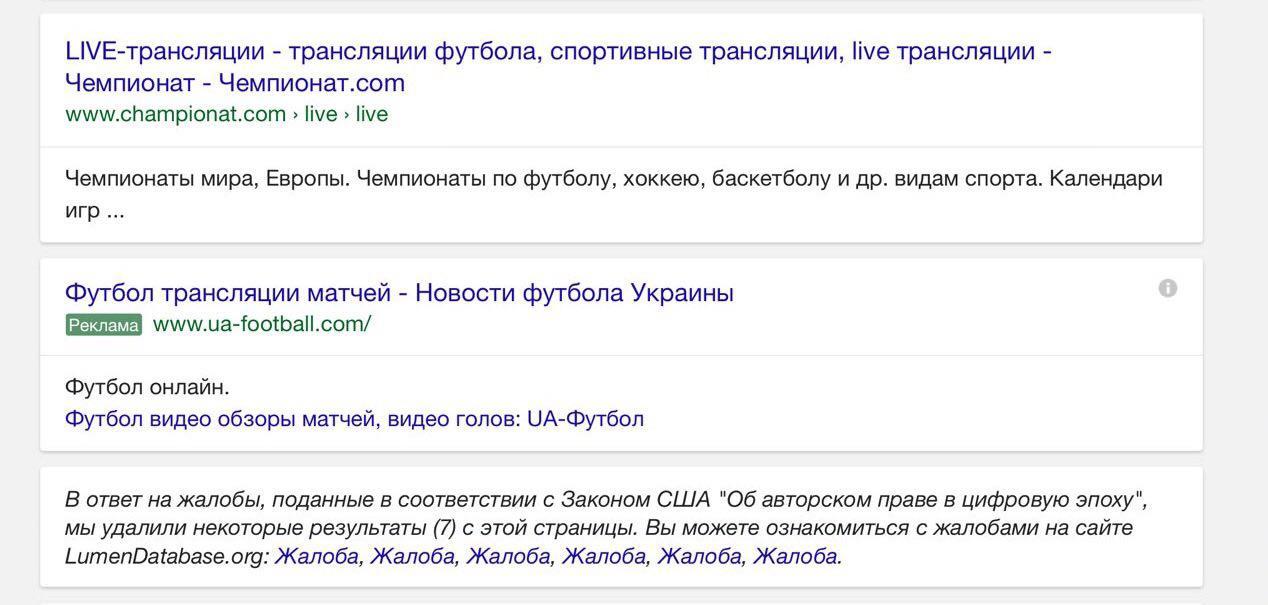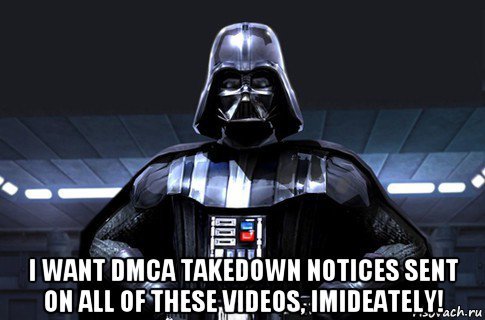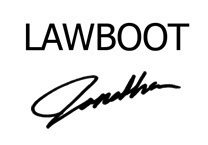Protecting digital content: how to apply the DMCA and not go the way of litigation?

Software developers, representatives of the music, gaming, publishing and film industries, as well as all copyright holders who posted their copyright and related rights on the Internet, have repeatedly had to deal with the need to protect their digital content from illegal relaying, publishing, selling, etc. .d.
The need for such protection is due, first of all, to a drop in the monetization of your legal resources, a decrease in the uniqueness, and hence the value of copyright and related rights.
So, a legal and effective solution to these problems already exists and is provided for by the United States Digital Millennium Copyright Act ( DMCA ).
The DMCA offers a mechanism for protecting copyright and related rights on the Internet whereby the copyright holder may request the removal of content or restrict access to it ( “takedown notice” ) if there is a suspicion of violation of legal rights.
Takedown notice is issued in accordance with the provisions of the DMCA and is submitted to the authorized DMCA agent of the service provider. Information about the DMCA agent of a particular service provider should be posted on its website, as well as in the list of registered agents on the US Copyright Office website. We want to note that content that violates rights and the web pages containing it can be removed using takedown notice from services and search engines registered only in the USA .
After receiving such a notification, the service provider deletes the content with a preliminary backup of it or restricts access to it, that is, removes the URL of the pages from the search results, notifying Internet users that access was restricted due to copyright infringement in accordance with the DMCA .
It looks like this:

At the same time, the service provider notifies the person to whose materials access was restricted about the receipt of such a takedown notice.
What are the advantages of this method of protecting content?

Firstly , it is the fastest and most effective response to online violations. LAWBOOT lawyers fill out and submit takedown notice quickly enough, and the response of service providers takes up to 2 weeks (based on practice, since there are no deadlines for service providers at the legislative level).
Secondly , any copyright holder can use DMCA to protect their rights and remove content, regardless of the domain zone of the site, country of registration of exclusive rights (if applicable) or citizenship / residence of the applicant.
What result do you get?
Removing content from pirated sites (and other resources) or from "white" resources that do not control or do not fully control the content that users post on the site. Removing URLs from search results of search engines where notifications were sent. What to do if you receive a takedown notice?
First of all, the person whose access to the materials was restricted has the right to file a counter notification , which is also issued according to the DMCA and submitted to the DMCA agent. If a counter notification is filed, the service provider is obliged to restore the deleted materials or access to the web page 10-14 business days after receiving the notification.
But, it should be borne in mind that the DMCA requires a non-resident US defendant to file a counter notificationgive consent to the jurisdiction of the American court (the county where the service provider is registered) in the event of a dispute about violation of exclusive rights. And the likelihood of such a dispute is quite high, because after notification of receipt by the service provider of a counter notification, the applicant has the opportunity to file a lawsuit on violation of exclusive rights to the court so that the deleted materials and URLs are not restored after 14 days.
This option forces owners of Internet resources to find other ways to protect themselves from blocking or deleting their content.
In the practice of LAWBOOT Lawyers & Consultants, there have been cases where website owners, having received a DMCA notification of removal of content, created for the IP address of the applicantalternative site interface and on their own initiative removed the content in this alternative embodiment. That is, for the IP addresses of those who complain, the content was not shown, but for the rest of the Internet users, the web page remained the same.
It should be noted that such an option, as well as the bona fide complete deletion of content on one’s own initiative, does not exempt from liability for copyright infringement in the event of a lawsuit. Therefore, in order to avoid any risks, we recommend that you consult a lawyer with each specific situation.
Naturally, we will be happy if your lawyers will be our specialized team of IT lawyers LAWBOOT Lawyers & Consultants.
Any legal issues related to the IT business can be written to us by mail at any time convenient for you!

